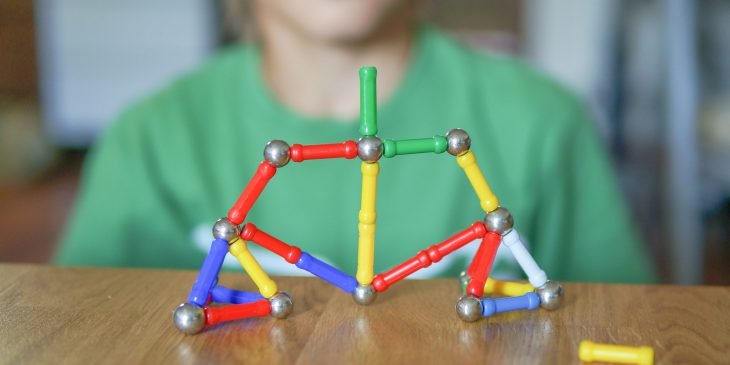On Wednesday, May 19, UPMC Children’s Hospital of Pittsburgh is pairing with the Trainees for Child Injury Prevention (T4CIP) to spread education and awareness on the dangers of children swallowing high-powered magnets, ways to avoid injury and how caregivers and health care providers can get help.
Rare-earth or “high-powered” magnets are small (~0.5 cm diameter), spherical, shiny and often colorful. While marketed as a popular desk toy for people 14 years and older, these magnets are often ingested by children and teenagers and can result in serious injury or death. Ingested magnets are powerful enough to attract one another, tearing through stomach or intestinal linings in the process.
We urge parents to keep magnets out of the home, educate kids and teens about the risks of swallowing these magnets, and if a child or toddler swallows a magnet, take them to the Emergency Department immediately.
T4CIP is sponsored by the American Academy of Pediatrics’ Section on Pediatric Trainees and Council on Injury, Violence, and Poison Prevention. To learn more, visit www.chp.edu/magnetsafety.
Dr. Alison J. Culyba is an assistant professor of pediatrics at the University of Pittsburgh School of Medicine. Dr. Eleanor Sharp is a pediatric hospital medicine fellow at UPMC Children’s. Susheel Khetarpal is a fourth year medical student at Pitt’s School of Medicine. Dr. Brielle Stanton is a pediatric emergency medicine fellow at UPMC Children’s.









